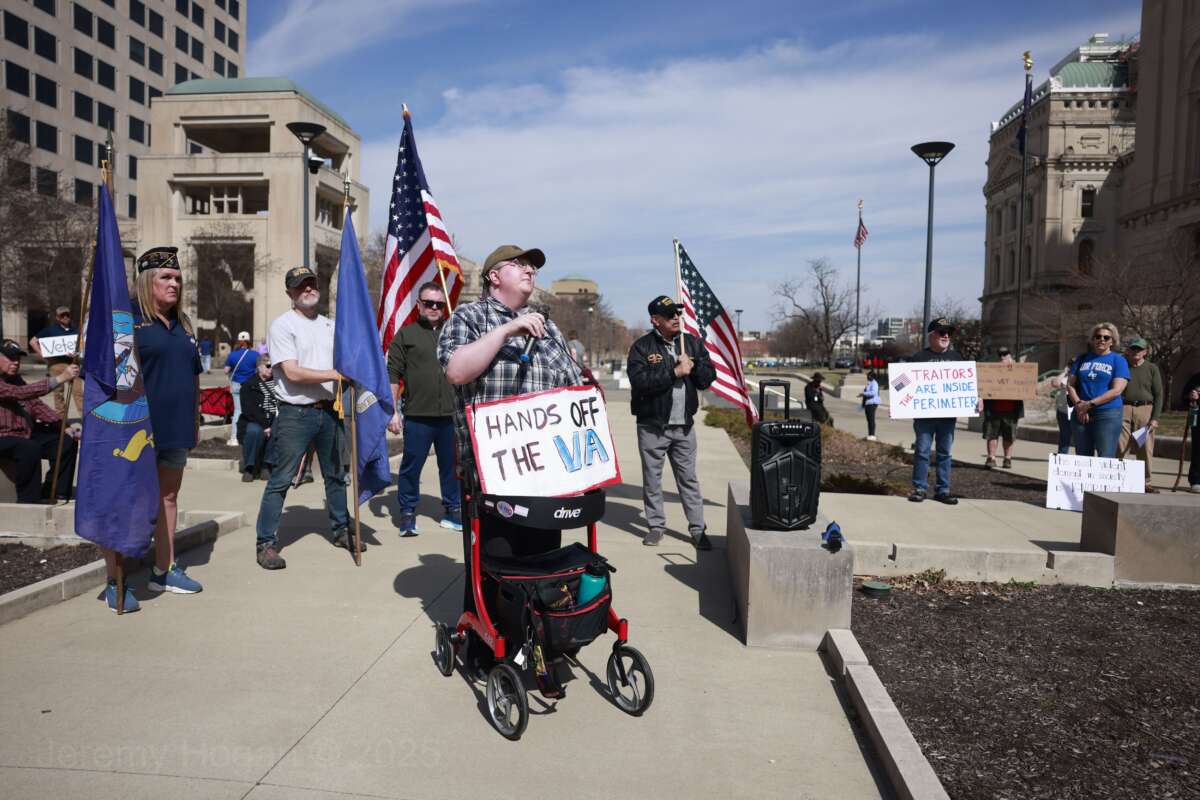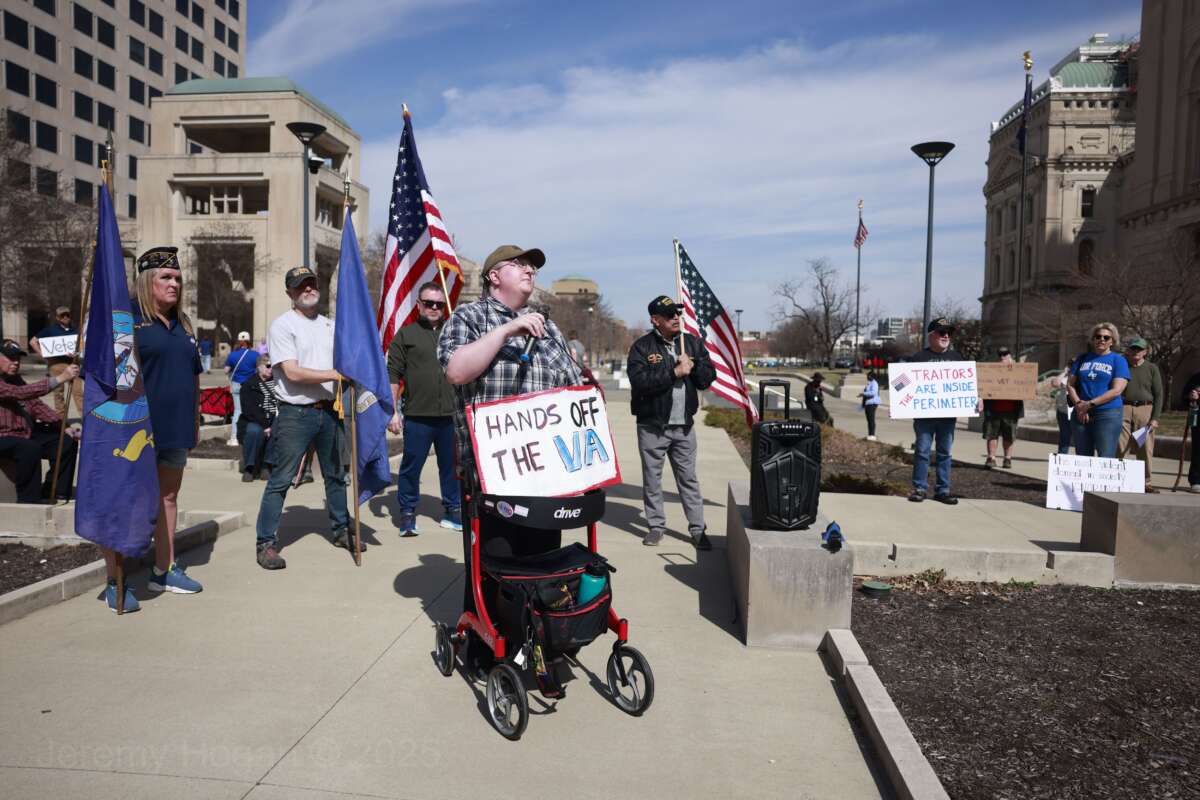The Trump administration turned to a software engineer with no healthcare or government experience to guide their efforts to cancel contracts at the Department of Veterans Affairs (VA). The engineer, working for the Department of Government Efficiency (DOGE), quickly built an artificial intelligence (AI) tool to identify non-essential services from private companies. The AI tool, using outdated and inexpensive AI models, produced results with significant errors, including inflating contract values and misidentifying essential services.
The AI Tool’s Flaws
The DOGE AI tool, which labeled contracts as “MUNCHABLE,” flagged over 2,000 contracts for cancellation. However, experts who reviewed the code and contracts identified numerous flaws, including the use of outdated AI models and a lack of context about VA operations and essential contracts. The tool relied on the first few pages of each contract, which contain limited summary information, to make complex judgments.
Errors and Misidentifications
The AI tool hallucinated contract values, frequently misreading them and inflating their worth. It concluded that over 1,000 contracts were each worth $34 million, when in fact some were worth as little as $35,000. The tool also misidentified critical contracts, including one for maintaining a gene sequencing device used to develop better cancer treatments and another for blood sample analysis in support of a VA research project.
Concerns and Criticisms
Experts criticized the use of AI to guide budgetary cuts at the VA, calling it “deeply problematic.” Cary Coglianese, a professor of law and political science at the University of Pennsylvania, expressed concerns about the reliability of off-the-shelf large language models for complex tasks. Sahil Lavingia, the programmer who developed the AI tool, acknowledged flaws in the code and the challenges of working under a tight deadline.
VA’s Response and Future Plans
VA press secretary Pete Kasperowicz lauded DOGE’s work on vetting contracts, stating that the VA is reviewing all 76,000 contracts to ensure they benefit veterans and are a good use of taxpayer money. However, the VA has not explained how it plans to simultaneously move services in-house while slashing staff. The administration may deploy AI to help the agency replace employees, with documents showing DOGE officials proposing to consolidate the benefits claims department using AI.



